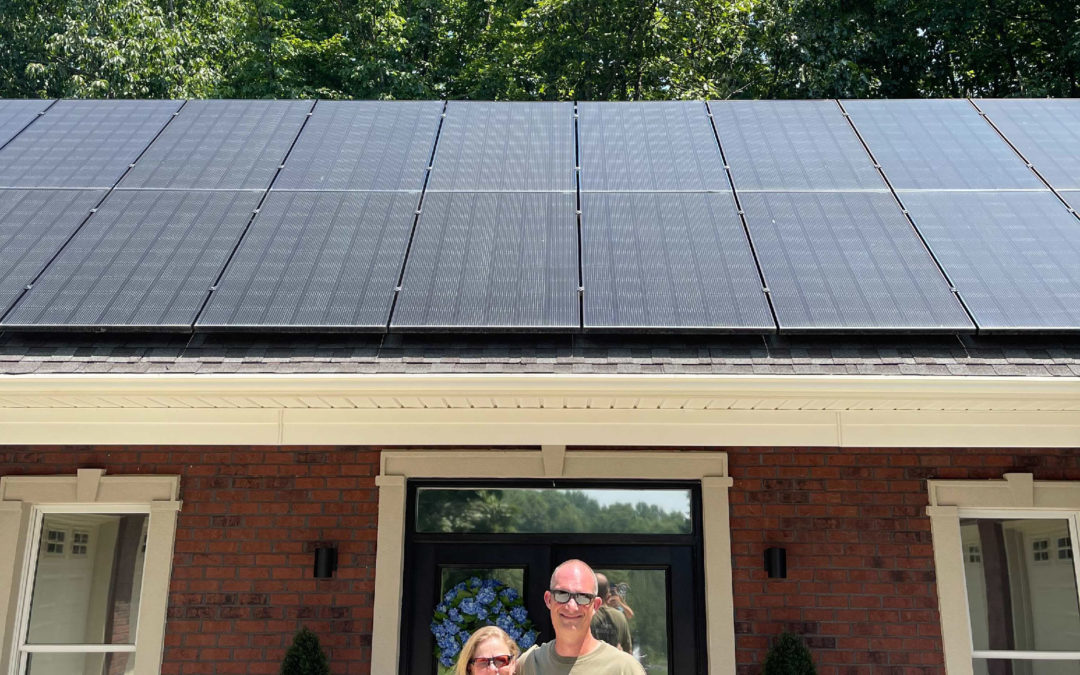Net metering and Time of Use (TOU) are two different billing mechanisms used by utilities to compensate homeowners who generate their own electricity using solar panels.
Net metering allows homeowners to send excess electricity generated by their solar panels back to the grid, and receive credits on their utility bill for the electricity they’ve contributed. Essentially, the homeowner is only paying for net electricity used (i.e., the difference between the electricity generated and consumed).
Time of Use billing, on the other hand, is based on the time of day and the season when electricity is used. Electricity rates are higher during peak hours when demand is high and lower during off-peak hours when demand is low. With TOU billing, homeowners who generate their own electricity can choose to use it during peak hours when electricity rates are high, and sell excess electricity back to the grid during off-peak hours.
In summary, net metering is a simple way to compensate homeowners for the excess electricity they generate, while Time of Use billing allows homeowners to potentially save money by consuming or selling electricity during times when rates are favorable.In North Carolina and South Carolina, both net metering and Time of Use (TOU) billing are available options for homeowners who generate their own electricity using solar panels.
North Carolina has implemented net metering policies that allow homeowners to receive credits on their utility bill for the excess electricity generated by their solar panels and sent back to the grid. The credits are based on the retail rate for electricity and are applied to the homeowner’s next bill.
South Carolina also has net metering policies in place, with some utilities offering TOU billing as an alternative option. With TOU billing in South Carolina, homeowners can potentially save money by consuming or selling electricity during times when rates are lower.
It’s important to note that the specific policies and regulations regarding net metering and TOU billing in North Carolina and South Carolina can vary by utility, so it’s recommended to check with your local utility for more information

